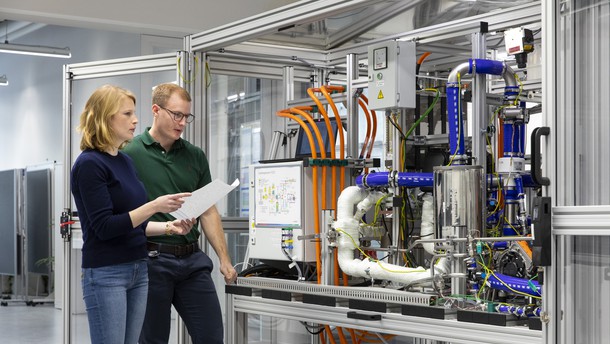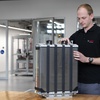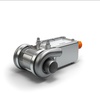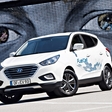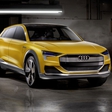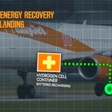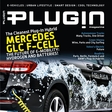
A while ago, the European Parliament approved a new law which provides for a significant reduction in CO2 emissions by 2025 and further by 2030. There have also been a lot of controversy about Europe being far behind in the production of batteries for electric cars. Today, most of the production of these is made in China, which, of course, entails greater transport costs to Europe, but also a loss of employment opportunities for European workers. However, there is more going on in the field of fuel cell-powered electric vehicles, and the main player is the German Bosch.
From Stuttgart, news cane out of Bosch making an agreement with a Swedish brand called Powercell AB, which specialises in the production of fuel cell assemblies. The brands have reached an agreement whereby the Swedes will look after the development of polymer-electrolyte membrane fuel cells and the Germans will then look after their global production and distribution. The entire project is expected to be launched by 2022 at the latest, achieving a significant reduction in production costs and resulting in dropping of costs of cells.
“In the fuel-cell domain, Bosch already has a strong hand, and the alliance with Powercell makes it even stronger. Commercializing technology is one of our strengths. We are now going to take on this task with determination and develop this market,” said dr. Stefan Hartung, member of Bosch management board and head of the sector for the development of mobility services.
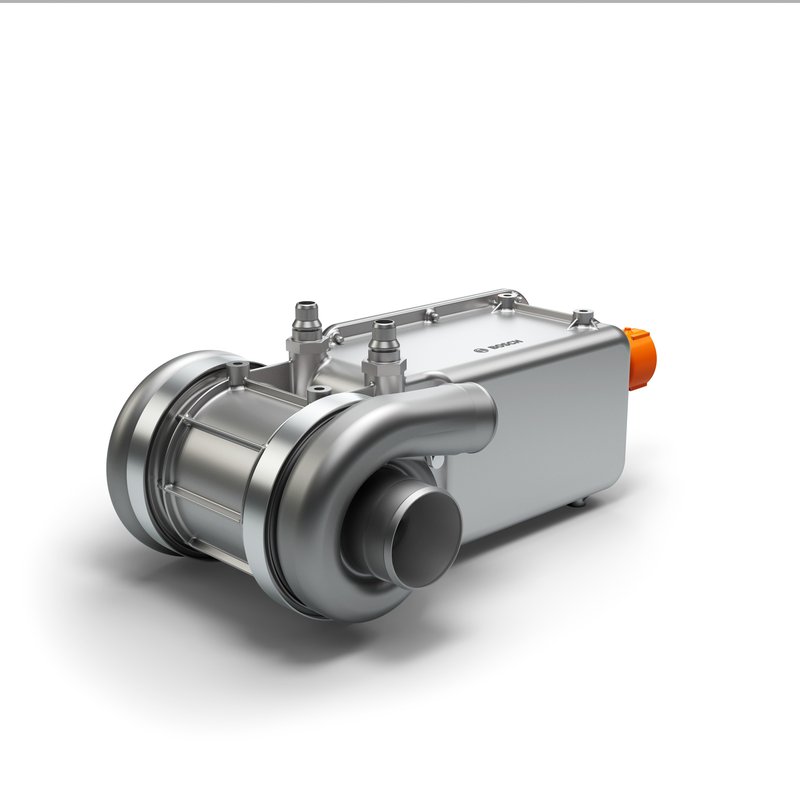
Bosch believes that fuel cells are one of the solutions for reducing emissions, which will rapidly spread in the world of passenger cars in the coming years. This should also happen thanks to them, because it is the cells themselves that are the biggest cost in producing this type of propulsion system. However, it is still necessary, on the other hand, to reduce the cost of hydrogen production, the price of which is still approximately five euros per kilogram. It should also be noted that a kilogram of hydrogen contains about as much energy as three litres of diesel fuel.
